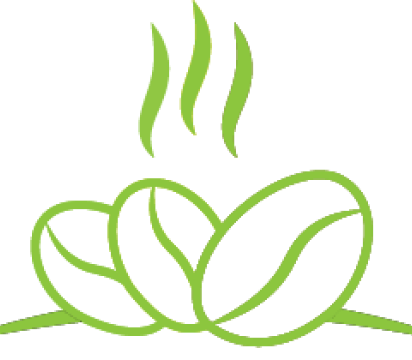
Coffee Process
Media

CEO NOTES
The spread of organised coffee cultivation in Ethiopia - as related by lsrael Degefa.
Coffee spread to the highland areas of Sidamo where the trees are newer. In my home area, the trees can be 65-85 years old. Trees this mature no longer produce good, flavoursome coffee but farmers have been resistant to replanting due to the perceived interruption in their income. On a side note, in response to this issue Kerchanshe now runs a range of ...

West Arsi

Washing Stations
- No Stations
Branch Profile
West Arsi
Location - Werka, the administrative center of Nensebo District Altitude - Located in mountainous terrain
The West Arsi District is recognized as one of Ethiopia's finest coffee hubs. This area supports high-quality coffee production, benefiting from a high-altitude climate and diverse ecosystems.
Site decription
Nensebo District is located 385 km south of Addis Ababa and 135 km from Shashemenne, the capital of the West-Arsi Zone. Werka is the administrative center of the district. Nensebo, part of the southern periphery of West Arsi, features mountain ranges. Our Bale mountain coffee farm, established in 2013, is located within this district as a shade coffee plantation.
Coffee Type
The coffee is an arabica heirloom, typical of Sidamo coffee. It has a well-balanced body, noticeable spicy and fruity flavors with floral overtones, medium acidity, and a long aftertaste with notes of lemongrass. Fruity tones include dried figs, berries, and a subtle chocolate undertone.
Production
Approximately 3,132 farmers, collectively managing 3,245 hectares, partner with us to produce coffee. These farmers cultivate coffee under traditional agroforestry systems with legume canopy trees. Coffee is intercropped with inset (false banana), a staple food in the broader southern region. The flowering season is in February and March, and harvesting extends from mid-October to early January.
Processing
Our West Arsi site includes two wet mills and one dry mill, each dedicated to processing high-quality red cherries. The Mokonisa Bulga Wet Mill, Nensebo Solena Wet Mill, and Gibe Agro Industry Dry Mill collectively process over 15,000,000 kg of red cherries annually.